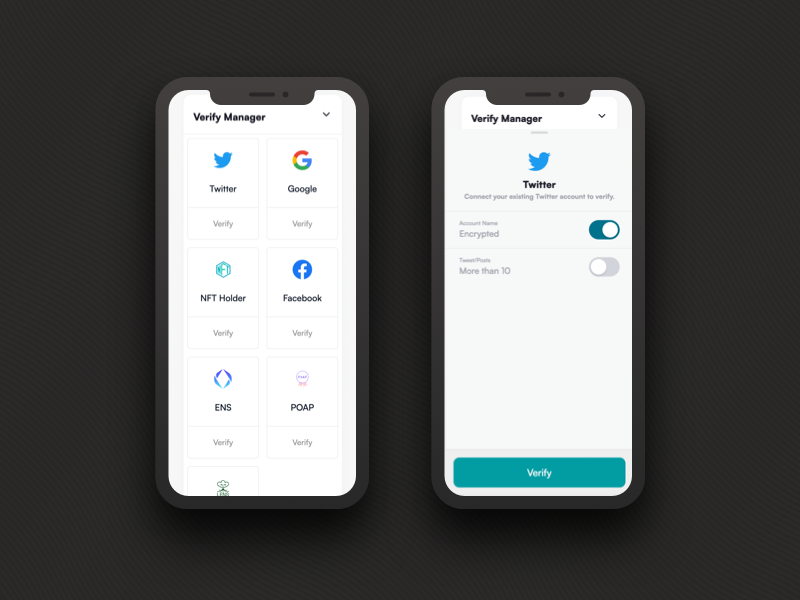VC.iD
VC.iD is a verified identity based framework that makes it easy organize credentials in a composable user-centric way.

VC.iD uses the W3C standards for cryptographically verifiable digital credentials. VC.iD is fully compatible with all EVM (Ethereum Virtual Machine) accounts and EVM-based wallet authentication.
From a single domain page you can view all verified credentials corresponding to that specific domain. Credentials can be a mix of OpenID based protocols, standard or custom schemas. This structure is scalable, sovereign, and secure.
The vision of Web 3.0 is one where users control their own data. VC.iD makes this possible.

Structure
Type
A credential can have one or more types. It is specified in an array of strings/URIs. The "VerifiableCredential" is mandatory.
The credential type can be used to determine if a credential is appropriate for a specific use case. For example, the credential type: "EthereumAddress" might be used to validate a web3 address or a specific on-chain transaction.
The applications of this model are vast and scalable.
Issuer
Represents the issuer of the credential. In the case of a social media account verification, the issuer may be the social media network itself (Twitter, Facebook, Instagram) authenticating a session proof.
Context
The credential context contains one or more properties that are related to the context of the verifiable credential.
The context identifier may be an array of subjects (e.g. Twitter account credential, followers account credential, etc).
Cryptographic Proofs
One or more cryptographic proofs that can be used to verify the authorship of a credential, its context and issuer, ultimately proving the credential is valid.
Dive Deeper
Looking to explore more possibilities of EBPTO
Verified Credentials
Frequently Asked Questions
Build with EBPTO (Grants)
XMTP Chat Toy